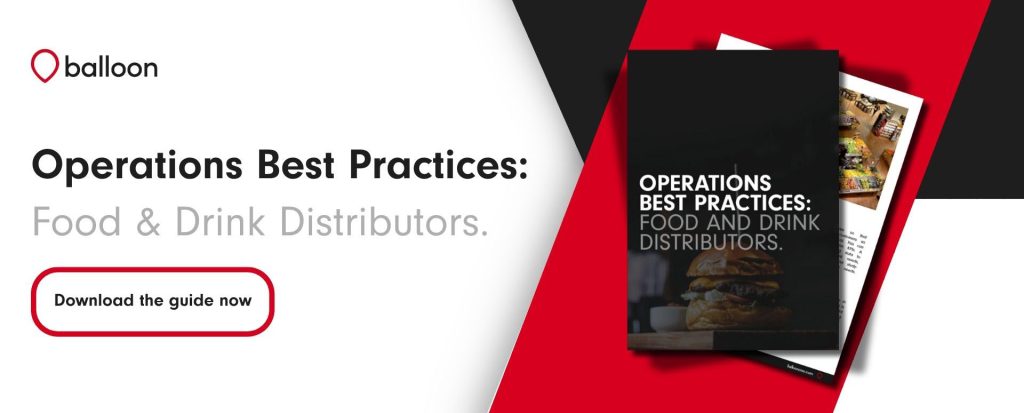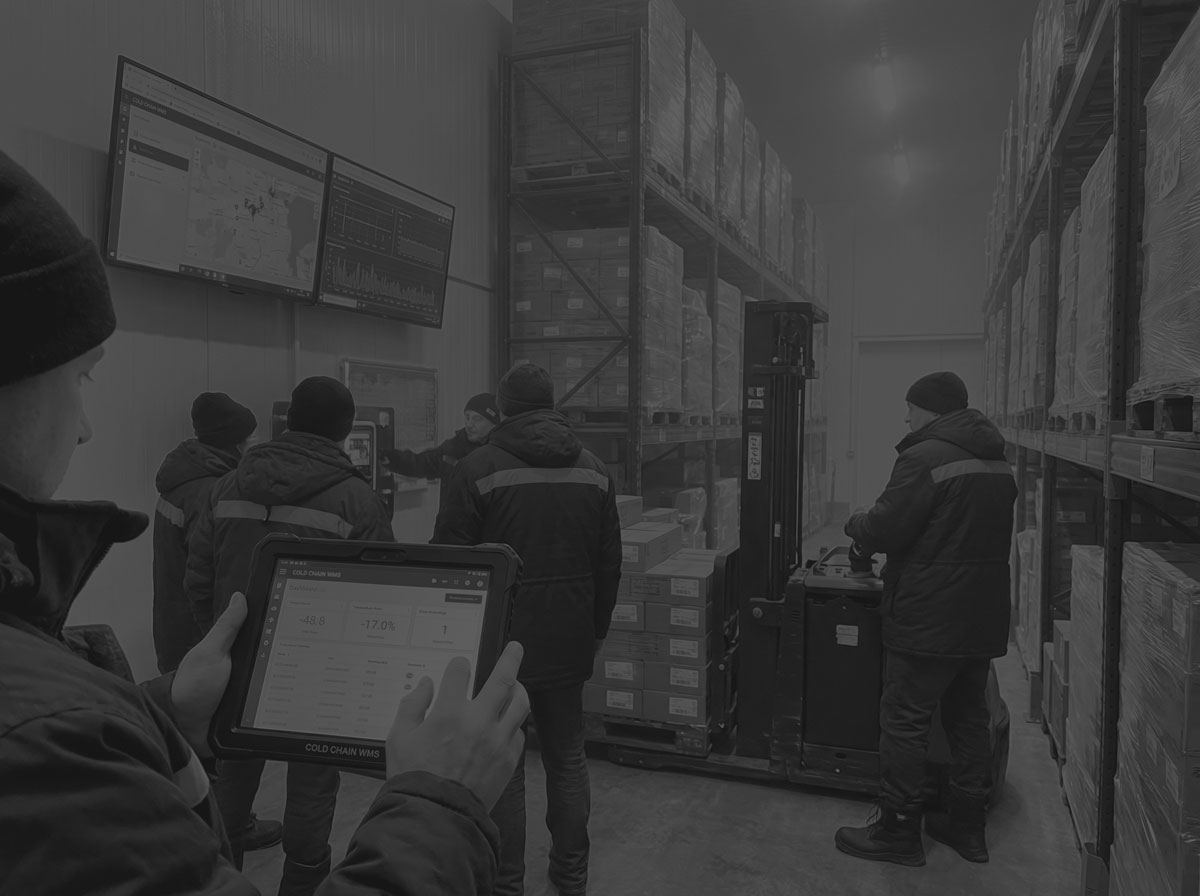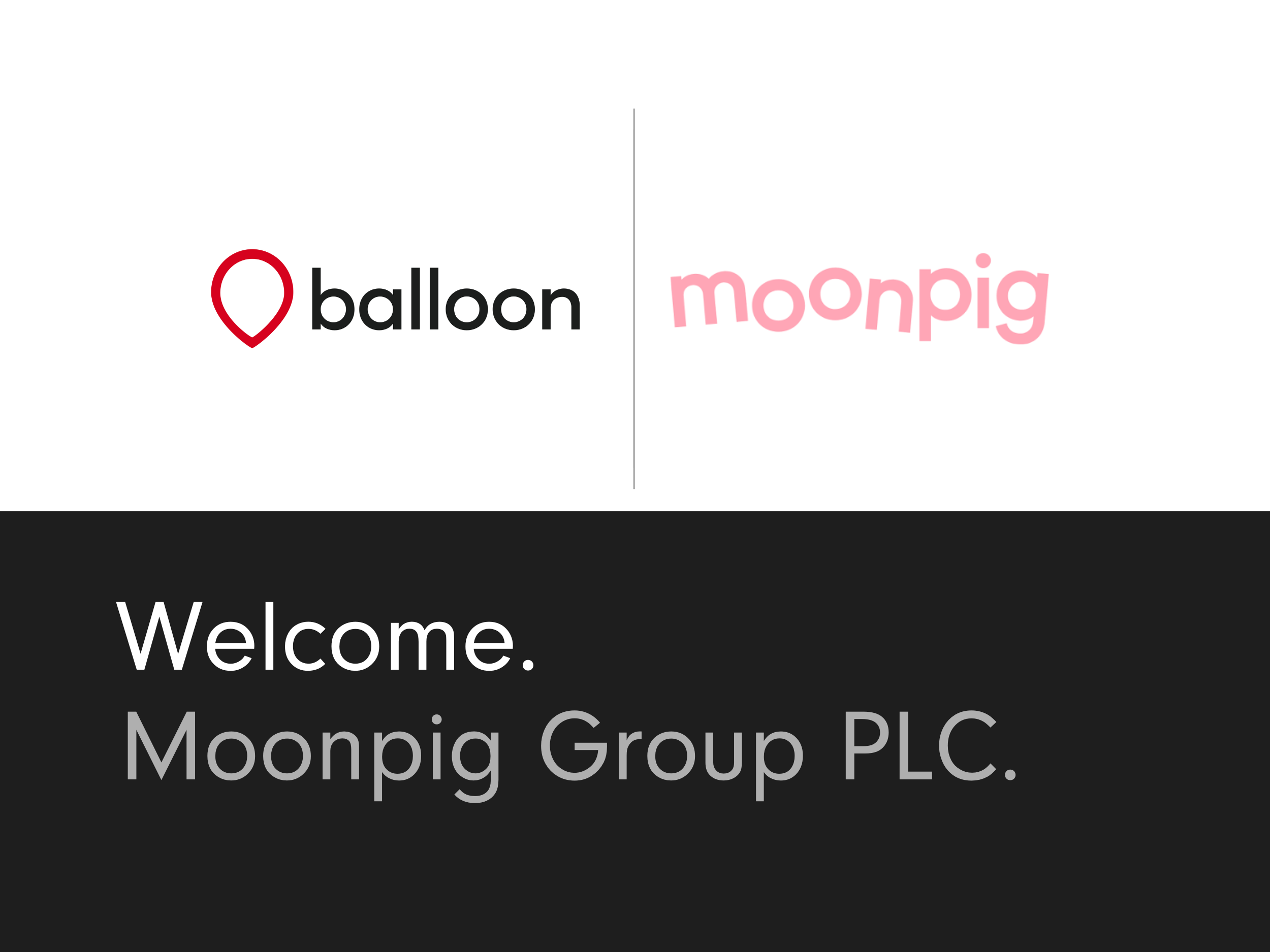Best Warehouse Management Systems for Mid‑Sized Companies (2025 Edition).
We’ve analysed 30+ solutions, the latest user‑review data, and real‑world performance metrics to shortlist the five systems that deliver the strongest ROI today.

Introduction.
Mid‑sized firms – roughly £20 m‑£300 m turnover or 50‑250 warehouse users – sit in a procurement “no‑man’s land”: entry‑level tools lack depth, while Tier‑1 suites are financially and technically out of reach.
Our verdict: Infios WMS, implemented by Balloon One, is the clear category leader for 2025.
Key Takeaways.
- Mid-Market Challenge: Mid-sized companies face a gap between entry-level and Tier-1 WMS solutions.
- Top Pick: Infios WMS is the 2025 leader, offering 99.9% accuracy, 50% productivity gains, and rapid implementation (2-6 months).
- Runners-Up: Logiwa (fast deployment), NetSuite WMS (ERP integration), Descartes Peoplevox (e-commerce focus), and Odoo WMS (open-source flexibility).
- Implementation: A five-phase process averaging 5-6 months, with rapid options under 8 weeks.
- Recommendation: Infios WMS balances enterprise-grade functionality, ROI, and cost-effectiveness for mid-sized firms.
| Our score¹ | WMS (UK partner) | Headline KPI proof-point | Typical go-live window | Best fit |
|---|---|---|---|---|
| 92 - Winner | Infios WMS | Up to 99.9 % stock + order accuracy and 50 % average productivity uplift | 2–6 months, cloud or on-premise | Multi-channel operations that need enterprise depth without Tier-1 price |
| 86 | Logiwa | Claims 100 % inventory accuracy; SaaS roll-outs in “weeks not months” | 4-6 weeks | High-SKU DTC brands & 3PLs after lightning speed |
| 80 | NetSuite WMS | Users report 20 % lift in labour productivity after adoption | ~90 days via SuiteSuccess templates | Companies already running NetSuite ERP |
| 78 | Descartes Peoplevox | E-commerce customers hit 99.9 % ship accuracy, 30 % faster dispatch | 10-12 weeks | Fashion/lifestyle brands that live in Shopify |
| 70 | Odoo WMS | Case studies show 53 % productivity gains & 20 % cost cuts on open-source stack | 2-6 weeks phased | Cost-sensitive teams with in-house Python skills |
¹Author’s composite: KPI impact 40 %, time-to-value 25 %, total cost 20 %, functional breadth 15 %.
Why Infios walks away with the trophy.
- Harder operational gains – The only system in the cohort publishing validated sub-1 % error rates across both B2B & B2C flows
- Fastest pay-back and richest feature set – CMS Distribution’s 18-24 month ROI projection was achieved without trimming scope. Labour-management, cartonisation, slotting and WCS adaptor are all in the base licence.
- Proven rapid implementations – Balloon One’s Arrow County project showed the platform can be live in < 8 weeks when scope is tight. Larger multi-warehouse blueprints average 5-6 months yet remain below Tier-1 timescales.
- UK specialist partner coverage – With a single SLA and a single phone number, issues are resolved faster because there are no passing problems between multiple vendors. This one-stop ownership is especially helpful for mid-market IT teams that run lean.

How the runners‑up compare.
2. Logiwa — cloud-native speed for high-volume DTC & 3PL
Logiwa’s pure SaaS platform focuses on rapid onboarding (typically inside one peak planning cycle) and over 200 plug-and-play marketplace, carrier and robotics connectors. Continuous optimisation tools keep inventory and routing decisions accurate to the minute.
- Pros – fastest time-to-value; granular usage-based pricing; deep DTC feature set.
- Cons – advanced wave/labour modules cost extra; EU on-premise option still in beta.
3. NetSuite WMS — the logical choice for native ERP shops
Because it shares the same database as finance, CRM and inventory, NetSuite WMS eliminates sync headaches and supports a 20 % jump in warehouse labour productivity. SuiteSuccess industry templates keep initial projects to about three months.
- Pros – single vendor, single data model; strong mobile RF workflows.
- Cons – per-user licence fees mount quickly; custom RF tweaks usually need partner development.
4. Descartes Peoplevox — mobile-first UX built for e-commerce scale
A slick Android app, Shopify-ready API and guided onboarding make Peoplevox a favourite among fast-growing D2C retailers. Public metrics show 99.9 % shipping accuracy and significant dispatch-speed gains.
- Pros – intuitive picker UX; robust returns module; predictable fixed-price onboarding.
- Cons – multi-warehouse logic still maturing; pricing not published openly.
5. Odoo WMS — open-source flexibility at minimal licence cost
Odoo’s modular stack can be live in weeks and remains licence-free in its Community edition. Customer stories cite double-digit productivity gains and notable operating-cost reductions after automation.
- Pros – zero vendor lock-in; vast app ecosystem; Python/Postgres talent easy to hire.
Cons – you own the technical debt; performance tuning vital above ~30 k SKUs.
What this means if you’re short-listing
- If speed-to-live trumps depth, Logiwa or Peoplevox are credible-but expect à-la-carte pricing for wave planning, labour or returns workflows.
- If you’re already on NetSuite, its native WMS keeps everything in one database, but prepare for higher per-user fees.
- If DIY openness matters more than turnkey support, Odoo’s community edition is unbeatable on TCO-as long as you own the Python/Postgres skill set.
For mid-sized companies that need enterprise-grade functionality and iron-clad ROI, Infios WMS implemented by Balloon One is the statistically clear winner.

Best WMS Implementation Roadmap For Medium Sized Businesses.
Even the best WMS fails without a solid launch plan. Below is the five-phase timeline most mid-sized firms follow with Infios WMS (and the other shortlisted systems).
| Phase | Key activities | Typical duration | Critical success factors |
|---|---|---|---|
| 1. Discovery | Process walk-throughs · data audit · KPI baseline | 1–2 weeks | Nominate an executive sponsor on day 1 |
| 2. Blueprint | Future-state design · integration spec · hardware sizing | 3–4 weeks | Involve super-users in every workshop |
| 3. Configure & UAT | Parameter set-up · RF screen design · test scripts | 4–6 weeks | Freeze master data one sprint before UAT |
| 4. Pilot (soft go-live) | Limited SKUs/shifts · issue tracking · retraining | 1–2 weeks | Daily stand-ups for rapid fix/feedback loop |
| 5. Full Go-Live & Hyper-care | 100 % volume · KPI monitoring · hand-over to BAU | ~2 weeks | Keep vendor + hardware partners on a single SLA |
Infios projects average 5–6 months end-to-end for a single facility, yet can compress to < 8 weeks when scope is tight. Still inside one peak-planning cycle for most UK mid-sized warehouses.
WMS Integration & Automation Requirements For Medium Sized Businesses.
Modern warehouses succeed or stall on connectivity. Any shortlisted WMS — especially Infios WMS — should tick these boxes out of the gate:
| Layer | Must-have connectivity | Why it matters |
|---|---|---|
| ERP / Finance | SAP Business One · NetSuite · Sage Intacct · Dynamics BC | Single stock ledger; instant cost-of-goods updates |
| E-commerce / OMS | Shopify · BigCommerce · Magento · ChannelAdvisor | Real-time inventory shields marketplaces from oversells |
| Carrier & 3PL | Royal Mail · DPD · DHL · Metapack · ShipStation | One-click label + tracking; auto rate-shopping |
| Automation & WCS | AMRs (Locus, Geek+) · put-walls · conveyors | Infios’ built-in WCS adaptor removes bolt-on middleware cost |
| Analytics / BI | Power BI · Tableau · Looker · Qlik | Pipes clean KPI data back to exec dashboards |
| iPaaS & API tooling | e.g. BOX by Balloon One · Boomi · Celigo | Future-proofs mergers, new sales channels, extra fulfilment nodes |
Tip for IT leads: Go for WMSs that expose REST + event-stream APIs over legacy flat-file drops. You’ll roughly halve integration-testing time and unlock robotics/IoT extensions later.

Next steps.
- See Infios WMS live – Balloon One offers a 30‑minute tailored demo that walks through receiving, cluster picking and analytics dashboards.
- Build the business case – Download Balloon One’s free ROI workbook to quantify pick‑rate, error reduction and inventory‑holding savings.
- Talk to references – Ask to speak with Moonpig, Huel or Virgin Wines operations managers about life post‑go‑live.
The mid‑market sweet‑spot is finally being served by enterprise‑grade WMS technology at realistic budgets. Selecting the right partner now will future‑proof your warehouse for AI‑driven labour scheduling, robotics and omnichannel growth over the next decade.
Final Thoughts.
The food supply chain is a complex and vital system that underpins global food security. From production to consumption, each stage has a unique role in delivering food efficiently while addressing modern challenges like sustainability and logistics.
By understanding what is the food supply chain and the factors behind it, consumers can make informed decisions that not only improve their well-being but also support a more sustainable and ethical food system for future generations. Together, we can all play a part in shaping a food supply chain that feeds the world while protecting the planet.
Frequently Asked Questions (FAQ's)
Infios WMS is the top pick for 2025, offering high accuracy, strong productivity, and enterprise features at mid-market prices.
Implementation ranges from 4-6 weeks (Logiwa) to 5-6 months for multi-warehouse projects (Infios), with most going live in 2-4 months.
Look for real-time inventory tracking, mobile workflows, labour management, multi-channel support, returns handling, and solid reporting.
Infios provides comprehensive features in the base license, fast ROI, and quick deployment, while others may charge extra for advanced modules.
A good WMS integrates with ERP, e-commerce, carriers, automation, and analytics tools. REST APIs are recommended.
Most companies see payback in 18-24 months, 20–50% productivity gains, and lower costs due to fewer errors and better inventory control.
Cloud is usually faster and cheaper to deploy; on-premise offers more control. Infios supports both options.
Highlight cost savings, improved accuracy, labor efficiency, and customer service. Use vendor ROI tools to support your case.







